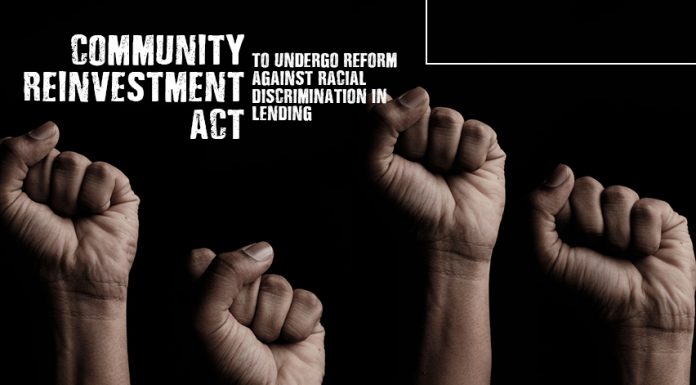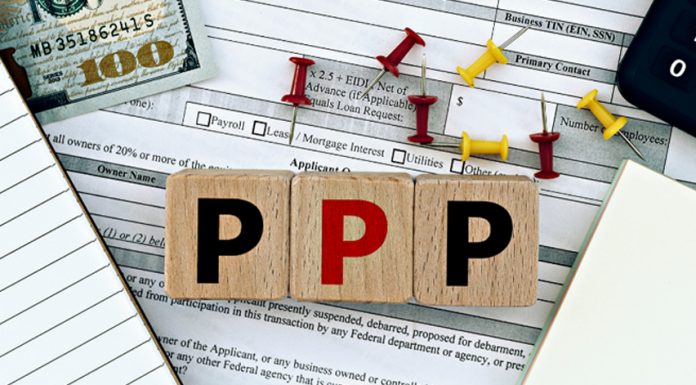UK Banks lending funds to small and medium-sized businesses have fallen short to 4% or £14.9 billion last 2018 due to a series of bankruptcy in the sector.
More banks also penalize small retailers because ‘they worry about the abilities of retailers to deal with challenges.’ However, it’s important to know that banks aren’t completely cutting off lending to the retail sector. But they are just more open to loan money to large enterprises.

To experts like Conrad Ford, retailers can go beyond bank loans to fund their business.
“Being a seasonal business can mean inconsistent income, and therefore cash flow, which can make it hard to maintain the regular loan repayments that are needed under a standard bank loan,” said Ford.
Lower sales due to changing consumer habits
Many brands have closed some branches and stores due to insufficient sales. Chains like Mothercare, Wicks and New Look closed their stores and are concerned what the future holds for them. Moreover, according to an analysis from Business Insider, there will be 3,800 stores expected to close this year as sales remain low for months.
Given this situation, some start-up retailers in the UK become hesitant to loan a significant amount to banks. Due to unforeseen circumstances, like changing consumer habits and impulses, the brick and mortar industry may need to adapt and keep up.
With online shopping becoming an alternative, retailers need to level up and be competitive.
In 2017, 77% of adults had bought goods or services online for a whole year. This percentage is dramatically huge, leaving behind retail stores sales.













